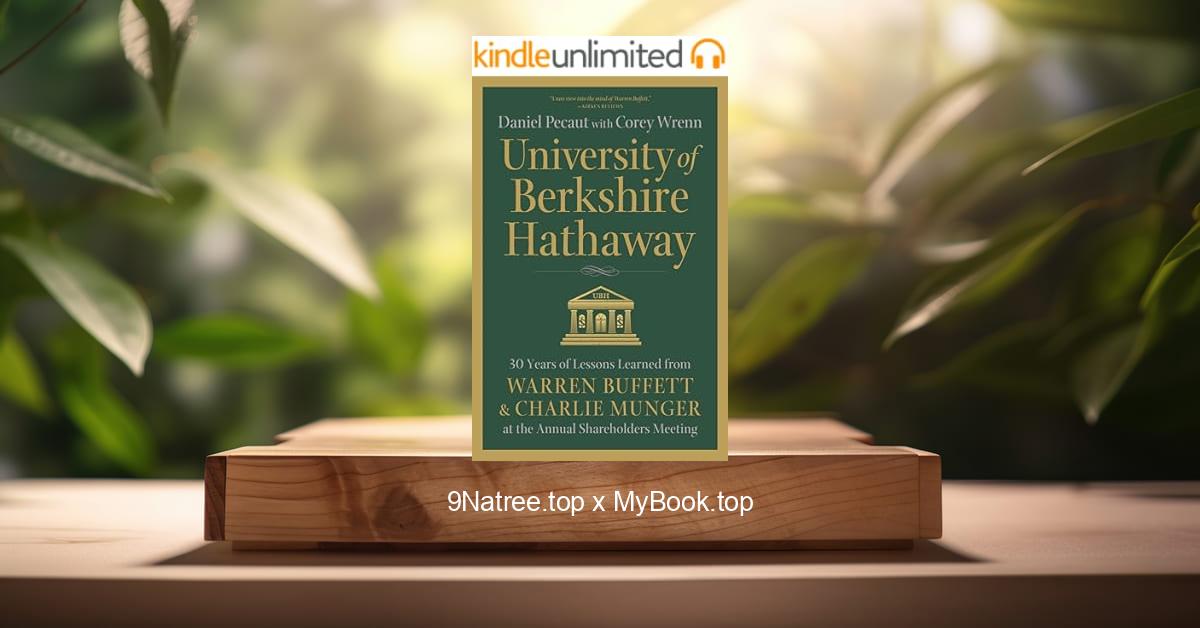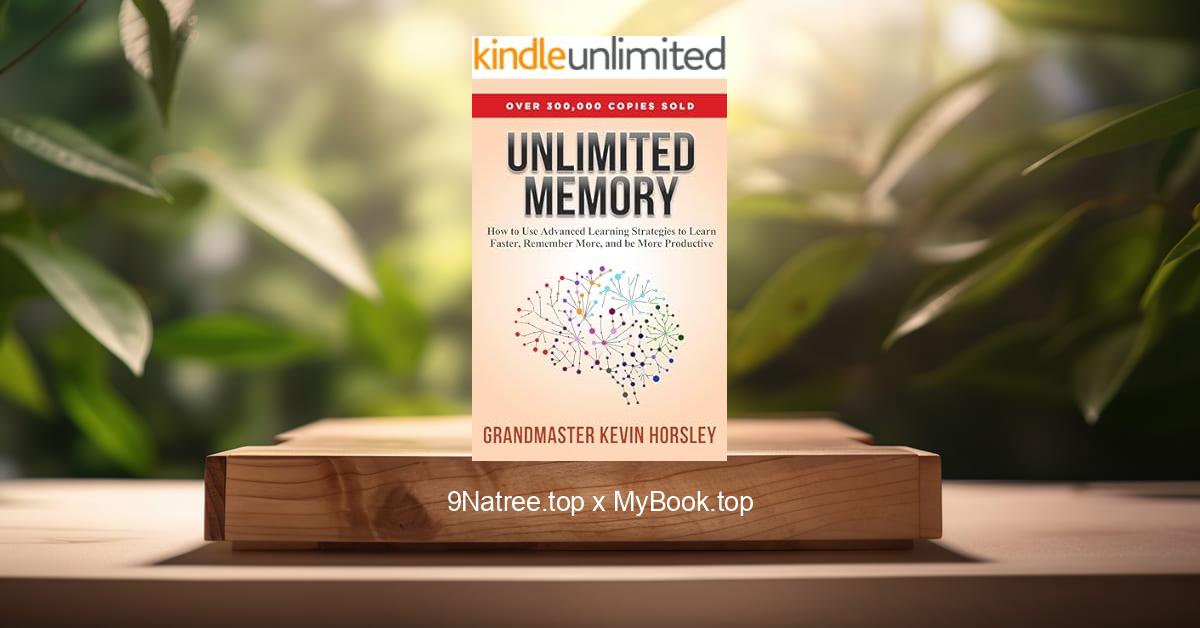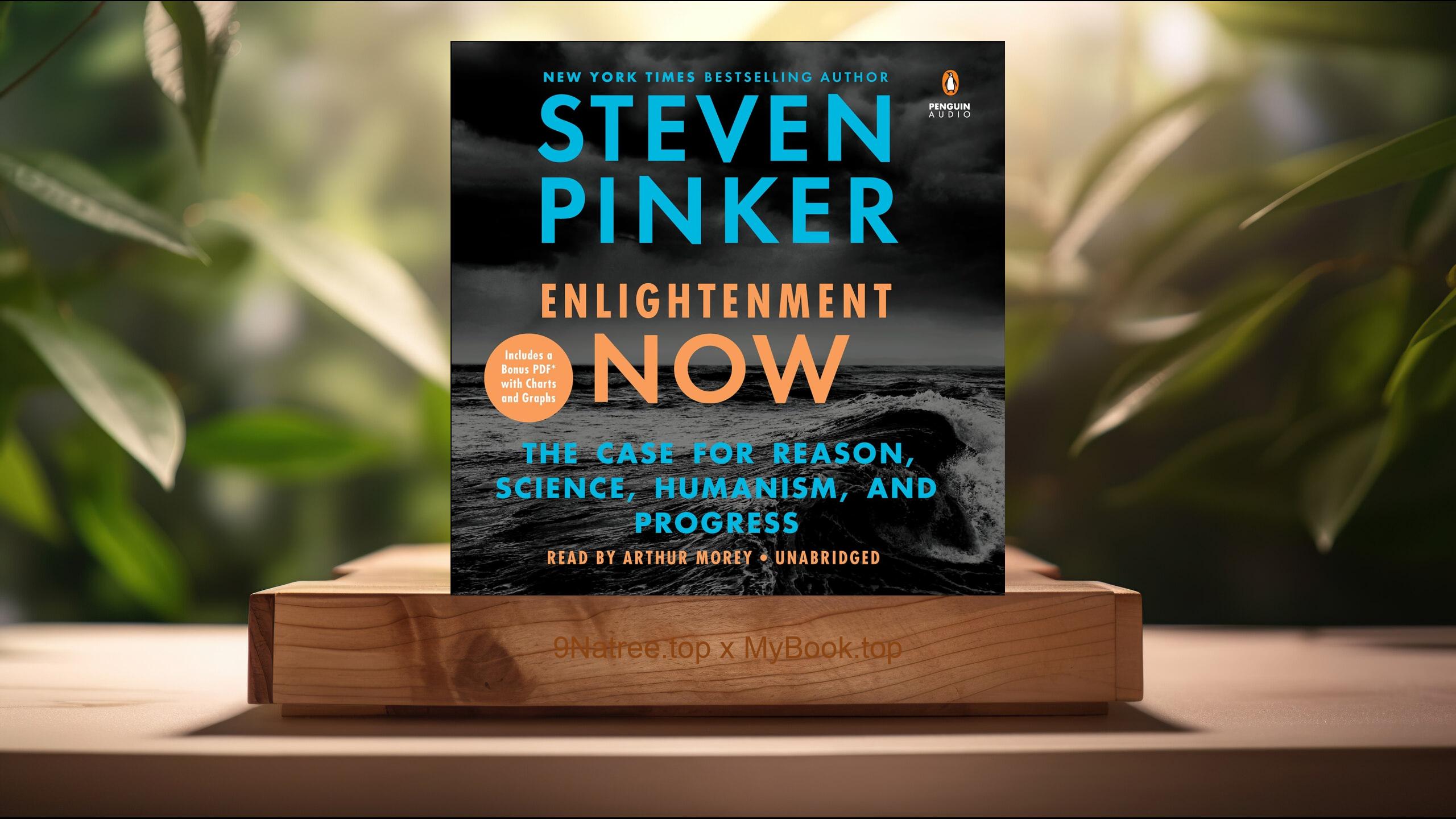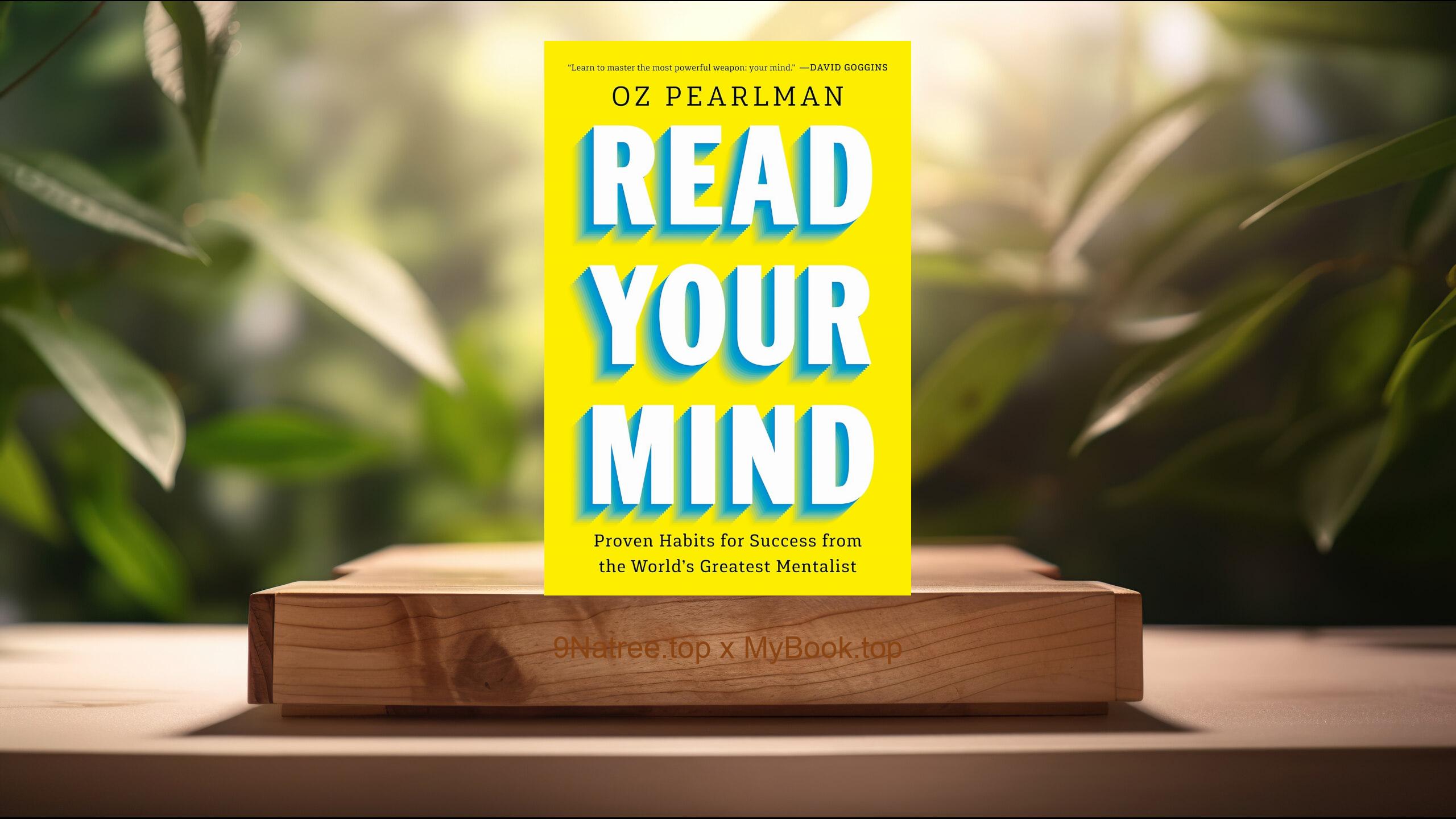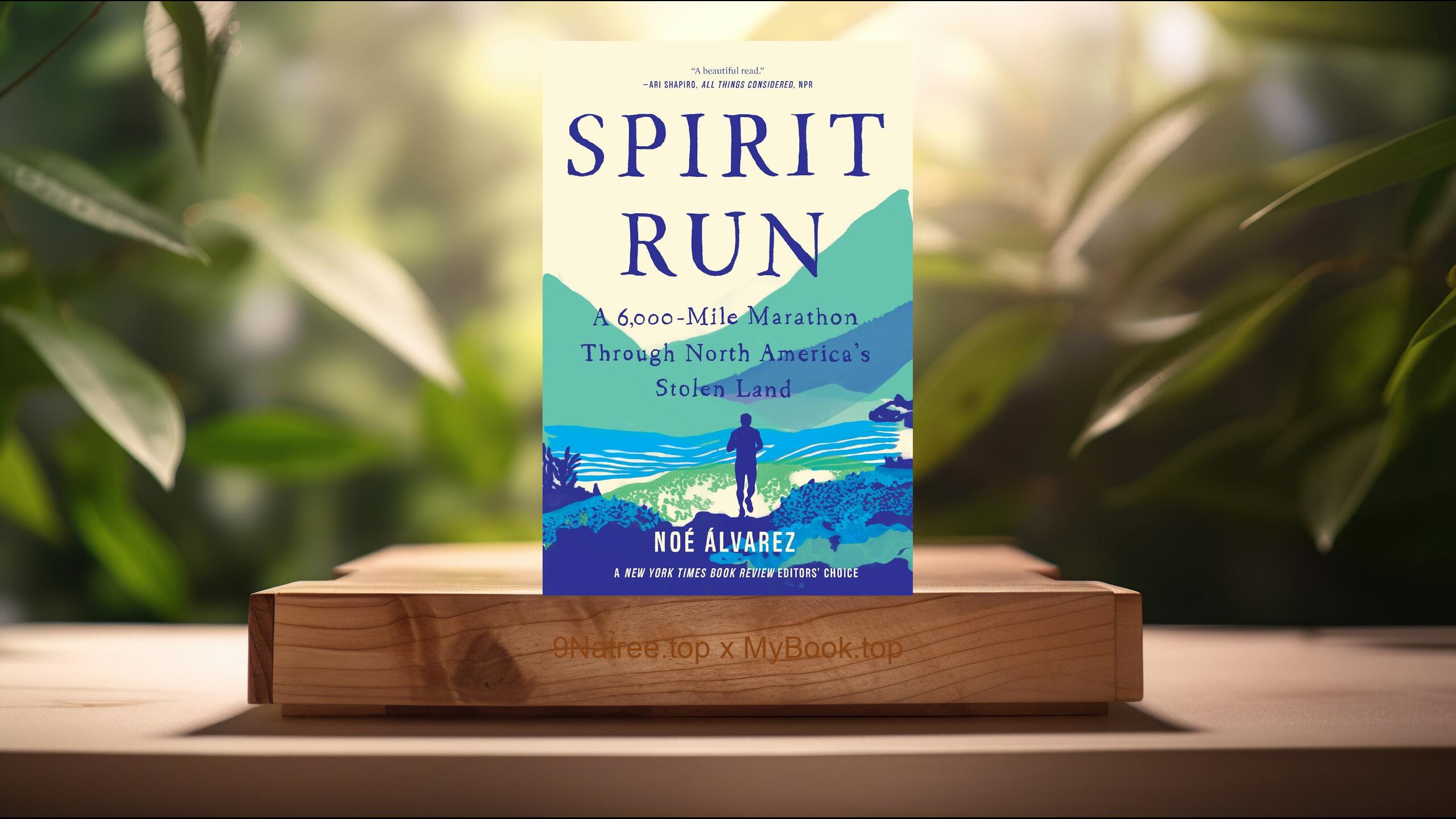Show Notes
Buy on Amazon: https://www.amazon.com/dp/B0767XNB47?tag=9natree-20
Read more: https://mybook.top/read/B0767XNB47/
#minimalism #decluttering #consumerculture #personalgrowth #simpleliving #mindfulness #intentionalliving
These are takeaways from this book.
Firstly, The Decision to Live with Less, Cait Flanders' journey began with a realization of her own consumerism and the little joy it brought into her life. Her decision to embark on a year of buying nothing beyond essentials was spurred by a desire to reset her values and find fulfillment beyond material possessions. This critical decision is not just a storyline in her narrative; it represents a pivotal moment of introspection and courage that many readers might find relatable. The challenge of identifying what truly counts as 'essential' and the psychological battle against ingrained consumer habits are potent lessons on mindfulness and the art of letting go. Flanders showcases how this decision was not merely about saving money or decluttering, but a profound shift towards seeking deeper connections with people, nature, and her own self.
Secondly, The Emotional Journey of Decluttering, Decluttering is often portrayed as a purely physical act of organizing and minimizing possessions. However, Flanders reveals the deeply emotional journey that accompanies the process. She delves into the memories, guilt, and attachments tied to her belongings and how letting go of them meant confronting unresolved issues. This part of the book is a raw examination of how possessions can serve as a facade for stability and happiness. Readers will learn that decluttering isn't just about creating a tidier space, but also about making room for personal growth, healing, and understanding the difference between wanting and needing. Flanders' experience acts as a testament to the idea that our worth is not measured by what we own but by who we are and our relationships with others.
Thirdly, The Impact of Consumer Culture, One of the crucial insights from 'The Year of Less' is the critique of consumer culture. Flanders doesn't shy away from discussing how societal pressures and marketing strategies are designed to make us crave more, often leading to a cycle of buying, accumulating, and discarding. This portion of the book provides a thoughtful examination of the environmental, psychological, and economic impacts of living in a consumer-driven society. Readers are encouraged to reflect on their own spending habits and consider the true cost of their consumption—not just in terms of money but in terms of environmental degradation, personal satisfaction, and societal wellbeing. Flanders' journey is a call to action to adopt a more sustainable, intentional, and minimalist lifestyle, questioning the narrative that more possessions equate to more happiness.
Fourthly, Discovering What Truly Matters, Through her journey, Flanders uncovers layers of herself that were previously obscured by the clutter of consumerism. She reflects on the importance of relationships, self-care, and pursuing passions over accumulating things. This segment of the book is a heartfelt exploration of how minimalism can lead to a richer, more fulfilling life. Readers will find inspiration in Flanders' realization that true contentment comes from within and is not dependent on external acquisitions. Her story is a powerful illustration of how living with less allowed her to invest in more meaningful experiences, nurture personal relationships, and rediscover her values and ambitions. It's a testament to the fact that the best things in life aren't things at all.
Lastly, The Challenges and Rewards of a Minimalist Lifestyle, Adopting a minimalist lifestyle is fraught with challenges, from societal judgement to the internal battle against old habits. Flanders doesn't sugarcoat the difficulties she faced in her year of living with less, including moments of temptation, social isolation, and self-doubt. However, she also highlights the immense rewards: increased financial savings, better mental health, and a profound sense of freedom and authenticity. This section is particularly valuable for readers contemplating a similar shift in their lives, offering both a roadmap and a word of caution. Flanders' story is a beacon of hope that, despite the obstacles, a life focused on simplicity and intention can be immensely gratifying and transformative.
In conclusion, The Year of Less' is a must-read for anyone feeling overwhelmed by their possessions or questioning the consumerist narrative that more is better. Cait Flanders not only shares her path to a minimalist lifestyle but also invites readers to examine their own lives and choices. The book is an illuminating guide for those looking to declutter, save money, and live a more meaningful life. It's particularly beneficial for individuals seeking inspiration to embark on their own journey of self-discovery and personal transformation. Through Flanders' experience, we learn that simplifying our lives and aligning our actions with our values can lead to unprecedented levels of happiness and fulfillment. 'The Year of Less' teaches us that by letting go of the unnecessary, we make room for what truly matters.
![[Review] The Year of Less: How I Stopped Shopping, Gave Away My Belongings, and Discovered Life is Worth More Than Anything You Can Buy in a Store (Cait Flanders) Summarized](https://episodes.castos.com/660078c6833215-59505987/images/1699880/c1a-085k3-2o11dq9ziqxn-e3i1ve.jpg)
